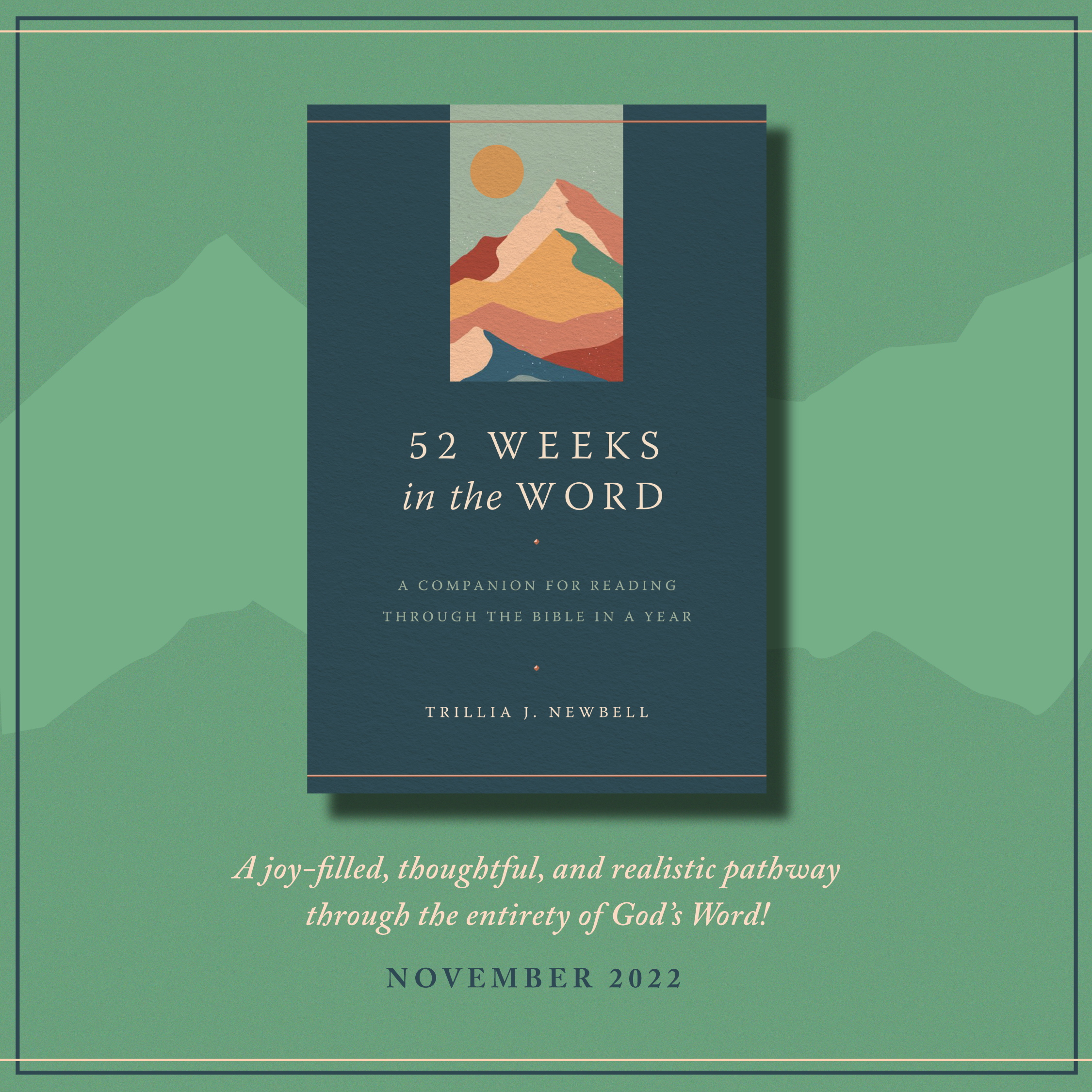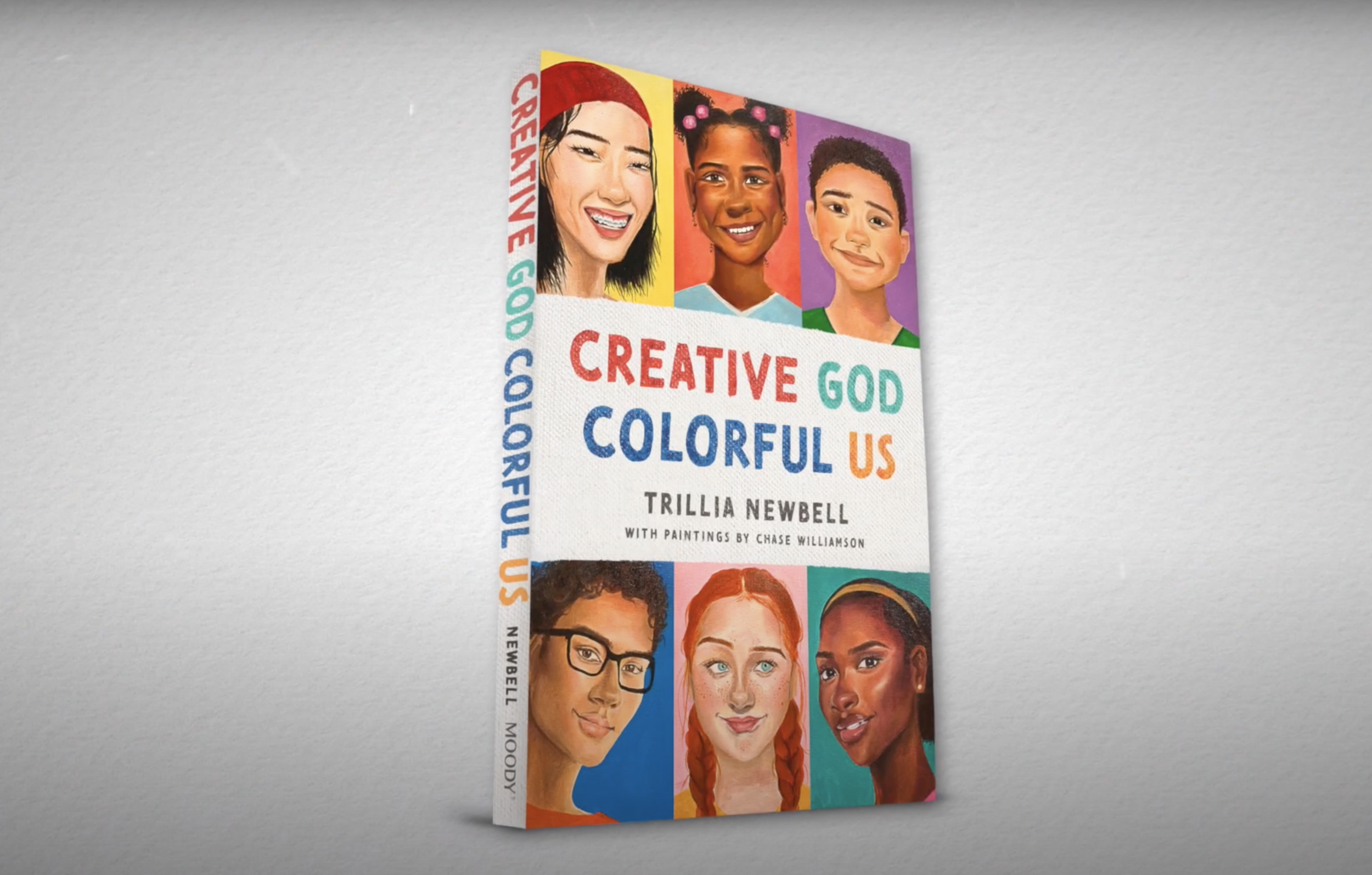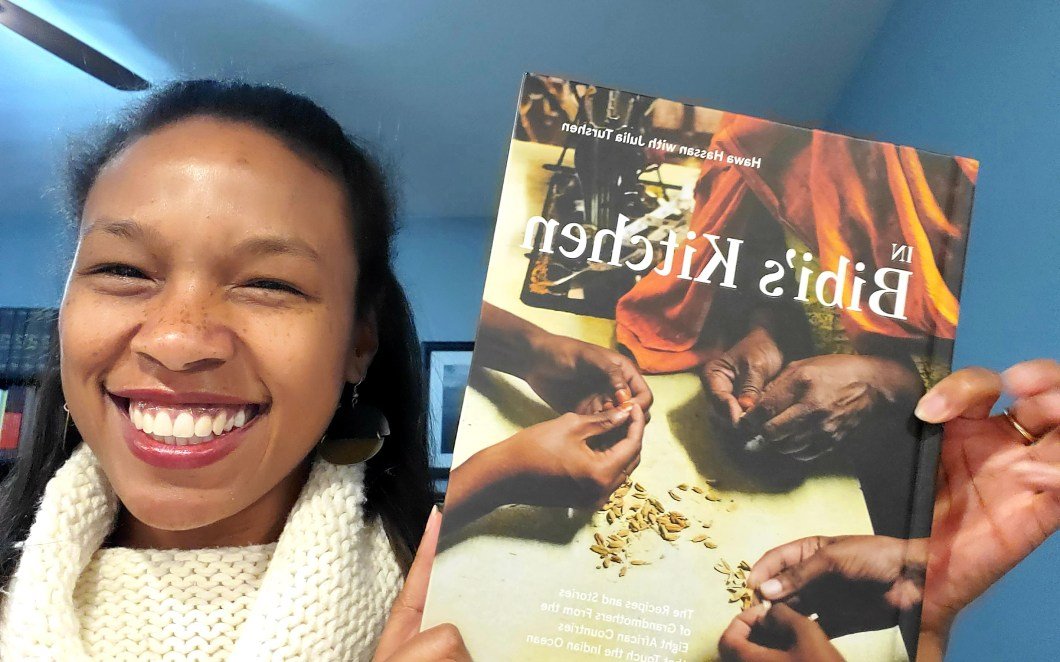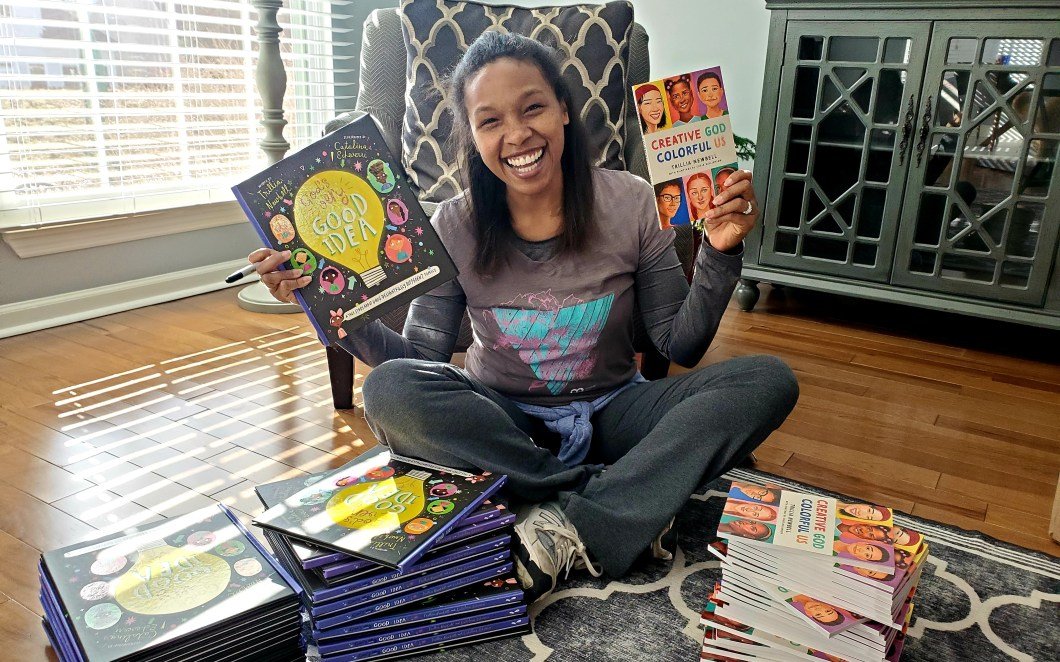Guess Who’s Invited to Dinner?
In the 1967 movie Guess Who’s Coming to Dinner, Joanna “Joey” Drayton, a young white woman played by Katharine Houghton, brings her black boy friend, Dr. John Prentice, played by Sidney Poitier, home to meet her family. Though the parents raised Joanna to be “liberal” and “accepting” they do not approve of her desire to marry Dr. Prentice. The movie was radical for that day—so I’d think. But not so fast. Today we continue to grapple with the same questions and issues.
I’m often asked the question: “Was it difficult for your husband’s parents to accept you?” It’s a legitimate question. I’m not in any way surprised or offended by this question, ever. Thern is white and I am Black. We were both raised in the south so one might assume that our parents, and in particular Thern’s white parents, would object to our relationship. I’ve written on interracial marriage before (here, here, here, and here). I firmly believe that it is not only accepted by the Lord, it is celebrated. Like all marriage, it reflects the beauty of Ephesians 5 and in no way is prohibited by or in Scripture. What I’m most thankful for is that the answer to that question about his parents’ acceptance of me is always that they too believe that our marriage is legitimate and completely acceptable. They love me as their own daughter. Always have and for that I am so grateful.
Over the past few months, I’ve come to realize that this is not the experience of all people. Not only is this not the experience of many men and women in interracial relationships, there remain Christians who love Jesus but continue to struggle with the idea of marriage outside of their ethnicity and with accepting the marriage of others. I am also well aware that this struggle is not limited to the south or the United States. One might assume I’d be appalled by this. I’m not. I am disheartened and I do pray for eyes to be opened to how the Word of God answers the questions of race and ethnicity and the gospel. I do pray that we could see each other as all made in the image of God and we’d no longer put up barriers that should never be there. But I’m not appalled.
Honestly, what I am feeling more and more lately is thankfulness towards my parents and Thern’s parents. I’m thankful that they would teach us to love others and to count others as equal. I’m thankful that our different ethnicities never factored into our acceptance. I am so thankful that Thern’s Mum, now my Mum, is also one of my best friends. I used to take this for granted, but not anymore. Now I realize that this is unique and a gift from the Lord.
Parents can affect the way their children view and interact with the world. We know this. But I think one area that may be easily ignored is how children relate to and learn about other image bearers. The sin of racism will, unfortunately, be in the world until Jesus returns, but I believe parents can play a major role in lessening its staying power. Just as we pass along traditions and various other ideas to our children, let’s not forget to share how to love those who are not exactly like us. Let’s not forget to teach our children about the various cultures around us.
Though I realize my testimony is my own, I’m convinced that the future doesn’t have to be filled with broken families over issues of race and ethnicity in marriage. I am convinced of this because I am convinced of the gospel.
I’ll be asked again if my in-laws accept me, and I’m so thankful to be able to say, yes! I’m more like their son as a fellow image bearer, redeemed by the blood of the Lamb, than I am different from him. Let’s stop making “race” a barrier for marriage. Thern didn’t have to surprise his parents with my presence. He didn’t have to pull a “guess who is coming to dinner” on them. I was welcomed and invited to their table. Let’s start inviting others to dinner.
RELATED CONTENT











Your family is invited to learn more about the accomplishments and adversities of twelve noteworthy African American believers, including Frederick Douglass, Elizabeth Freeman, Harriet Tubman, and some others you don’t know but should.